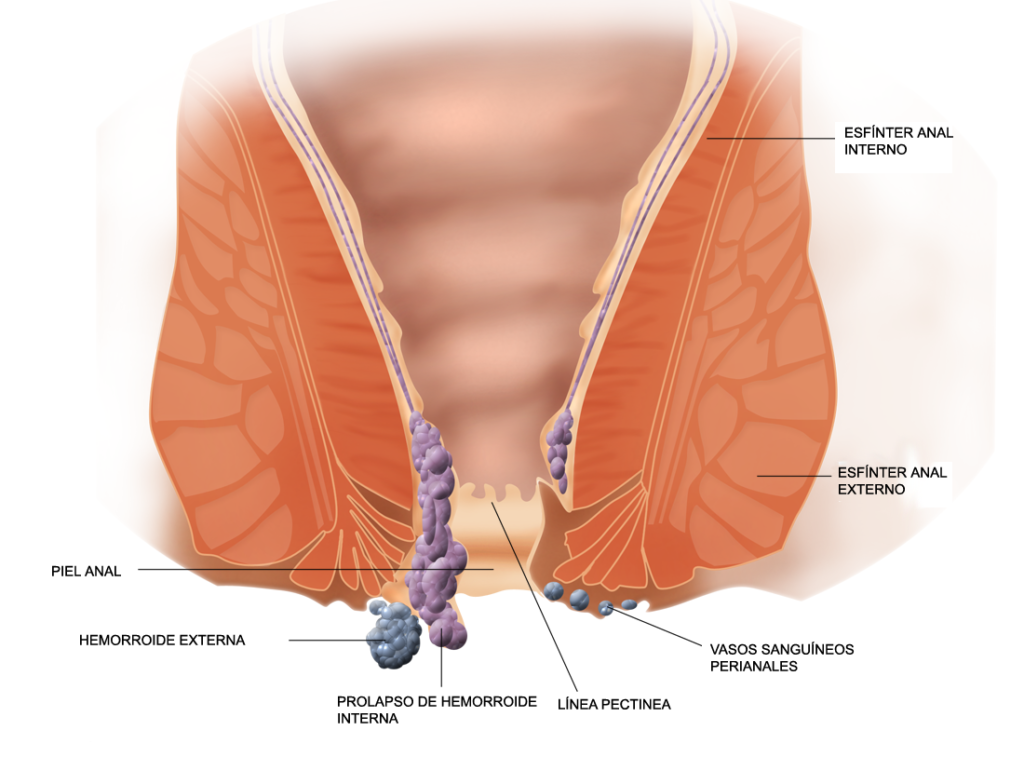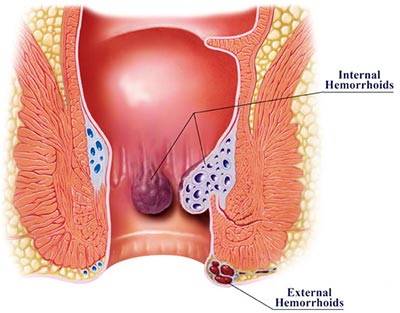Having piles is one of the most common health conditions in the world. Piles, also known as hemorrhoids and are basically swollen veins that occur in the anal region. Hemorrhoids control stool. When these hemorrhoids, are inflamed and swollen the occurrence of piles take place. Piles most commonly appear in areas called anal cushions. Piles can occur in people of all ages, however, they are most commonly experienced by people who are above 65 years of age. People whose weights are above average are more likely to suffer from piles. Similarly, piles are also quite common during pregnancy as there is a drastic weight gain during a short span of time. Piles can be really painful and need proper treatment. Below mentioned are the symptoms, causes, diagnoses, and treatment for piles.

Symptoms
If you are feeling from any of these symptoms it is essential you make an appointment to see your physician.
- Mucky discharge and itching skin encompassing the anus
- Bleeding from the anal canal,
- Pain or discomfort after having a bowel movement.
Causes
There are a number of possible causes of piles:
- People who do not eat adequate fiber in their diet are prone to undergo constipation. A low-fiber diet is considered a likely cause of piles because this improves the likelihood of straining during having a bowel movement.
- Pregnant women usually undergo from piles symptoms due to the rapid weight gain associated with pregnancy that gives rise to the compression of rectal veins by the uterus.
- Raising objects that are heavy is also connected to causing piles. People who work in a job that needs lifting heavy objects are more inclined to piles due to the pressure exercised on blood vessels while lifting.
Diagnosis
The diagnosis usually involves the physician gently placing a gloved finger into the opening of the anus. The doctor will use a proctoscope – a fine telescopic camera – to ensure he has a clear picture of the piles and the surrounding area. If you are undergoing piles symptoms that are severe, your doctor may suggest you for a colonoscopy test. This will give a definite understanding of the piles, as well as rule out any other possible conditions.
Treatment
Diet and lifestyle changes can help alleviate the difficult symptoms connected with piles. A high fibre diet will ensure your stools are clear to pass and reduce straining. There is a range of various medications to help get rid of piles. Depending on how bad the case of piles is, most medication takes around one and a half month to work. There are a lot of treatment options available from non-surgical to surgical. Whatever be the case your physician is the best resource that can guide you.

